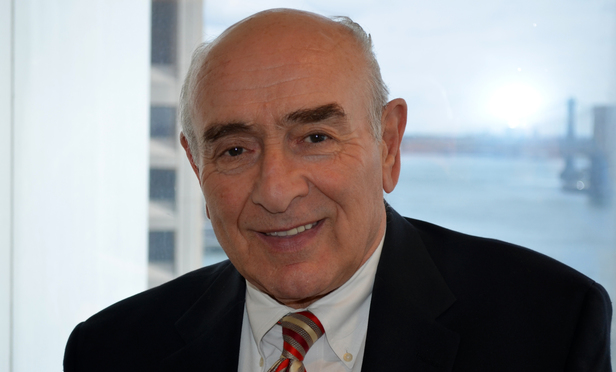In mid-December, the U.S. Supreme Court issued its decision in DIRECTV v. Imburgia,1 upholding a class arbitration waiver clause in a consumer service agreement and reversing a California appellate court’s decision in favor of two consumers who sued over early termination fees they believed to violate state law. As a result, the plaintiffs had to submit to individual arbitration and not to pursue class proceedings. DIRECTV is another high court ruling in a chain that began with the now-famous Concepcion decision in 2011. This article briefly surveys the court’s pivotal rulings leading to the DIRECTV decision and provides the pith and substance of this new ruling.
In AT&T Mobility v. Concepcion,2 a 5-4 ruling that the Federal Arbitration Act (FAA) preempts state laws that make specific categories of claims non-arbitrable, the U.S. Supreme Court said: “[w]hen state law prohibits outright the arbitration of a particular type of claim, the analysis is straightforward: The conflicting rule is displaced by the FAA.” This is a forceful premise and can cut a wide swath. Thus, in Marmet Health Care Center v. Brown3 the court held that injury and death lawsuits against nursing homes could be barred by an arbitration agreement. Let’s look closer at Concepcion, the seminal precedent in the cluster.



